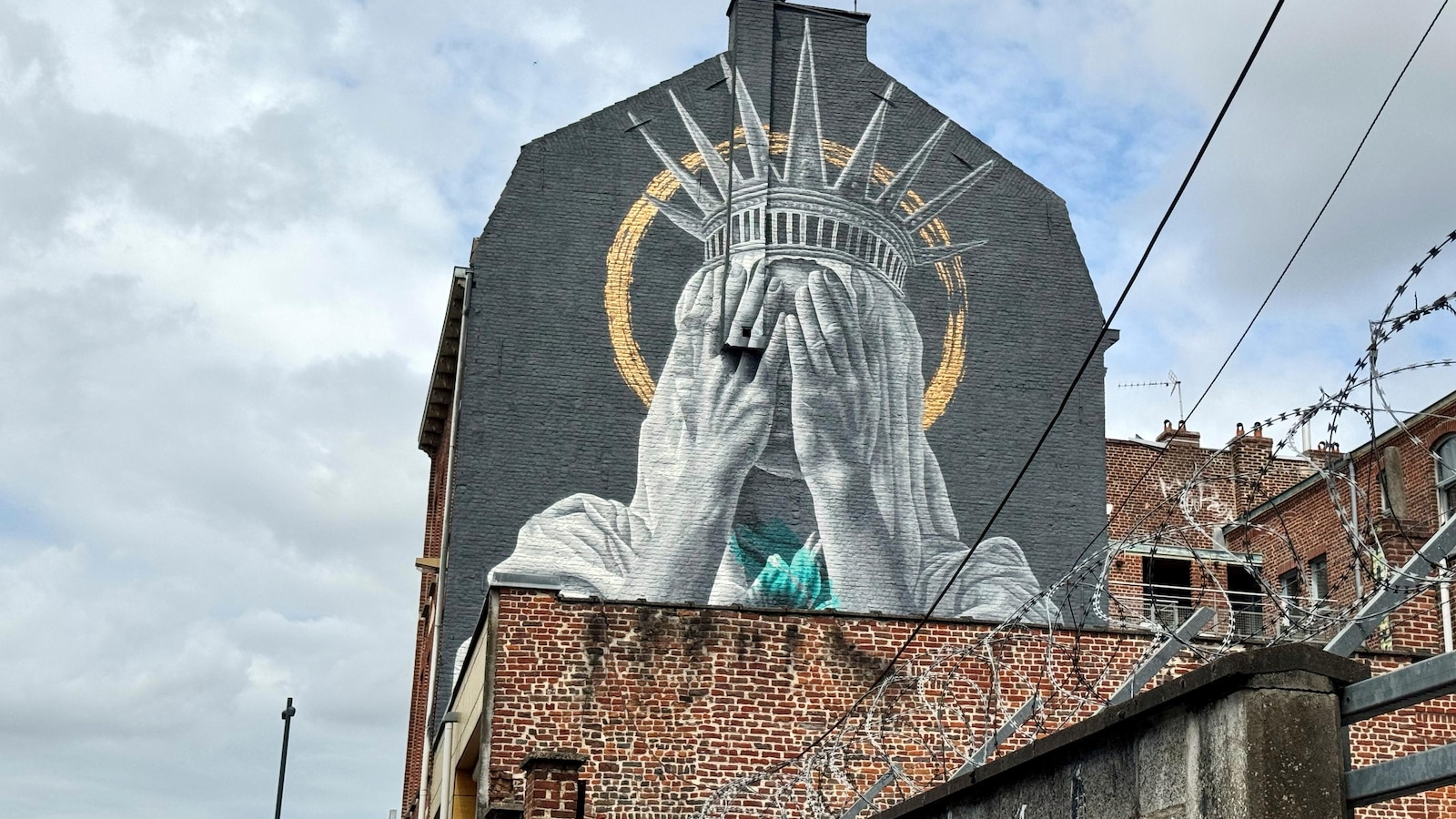ARTICLE AD BOX
President Trump signed a bill Wednesday that permanently places illicit fentanyl and its chemical cousins on the most restrictive list of drugs in the U.S.
The HALT Fentanyl Act is a long-awaited move to clarify regulations around the synthetic opioid and ensure consistency in drug enforcement.
“We’ve worked very hard to put ourselves in this position,” Mr. Trump said at a White House ceremony with parents who lost children to overdoses. “Today, we strike a righteous blow to the drug dealers, narcotic traffickers and criminal cartels.”
Fentanyl is fueling the U.S. drug overdose crisis. Yet Congress struggled for years to pass legislation that would keep illicit forms of it on the Schedule I list of drugs that have no accepted medical use and a high potential for abuse.
Experts say permanent, rather than temporary, scheduling would result in efficient prosecutions and consistent penalties under guidelines from the U.S. Sentencing Commission while sending a signal to China and Mexico that America is serious about tackling the fentanyl problem as it pressures those nations to do more.
Congress passed the Halt All Lethal Trafficking (HALT) Fentanyl Act on a bipartisan basis this year.
Illicit fentanyl is made in clandestine labs and has an array of chemical analogs. It’s tough for U.S. laws to keep up with every form, so the HALT Fentanyl Act seeks to cover all of the illicit supply and make it easier for prosecutors to win cases.
“For years, the monsters who manufacture illicit fentanyl have sought to skirt legal restrictions by making minor variations of the chemical compound and, in the process, they’ve developed even more toxic versions of the drug,” Mr. Trump said.
Sponsors said the bill would not affect the legal use of fentanyl as a longstanding painkiller or impede research into the drug.
Some Democrats have been leery of permanent scheduling, saying the legislation could result in overincarceration of drug offenders instead of attacking the root causes of drug addiction.
Those objections left the scheduling effort stuck in neutral until Congress got it through both chambers this year under GOP majorities.
For Mr. Trump, cracking down with harsh punishment was part of the appeal. Cartels often press fentanyl into counterfeit pills, killing unsuspecting users.
“We’ll be getting the drug dealers, pushers and peddlers off our streets,” the president said.
Mr. Trump has focused on border security as a way to clamp down on fentanyl trafficking, particularly across the southern border.
He recounted Wednesday how he designated Mexican cartels as foreign terrorist organizations, drawing loud applause from the East Room audience.
Grieving parents who held portraits of their lost loved ones credited Mr. Trump with border closures and shining a light on Mexican cartels.
“This is what we voted for, Mr. President,” said Anne Fundner, a Californian whose 15-year-old son died in 2022 from taking pills laced with fentanyl. She also spoke at the Republican National Convention last year.
Rates of overdose deaths jumped during the COVID-19 pandemic but started to decline during the latter years of the Biden administration, a trend Democrats attribute to better treatment options and the prevalence of naloxone, an overdose-reversing drug.
The overdose trendline continued to fall in the first two months of this year. Still, more than 76,000 people died of overdoses in the 12 months ended in February, according to the latest data subject to revision.
“We will not rest until we have ended the drug-overdose epidemic,” Mr. Trump said. “It’s been getting a little bit better, but it’s horrible. It’s horrible.”

 20 hours ago
13
20 hours ago
13







 English (US) ·
English (US) ·